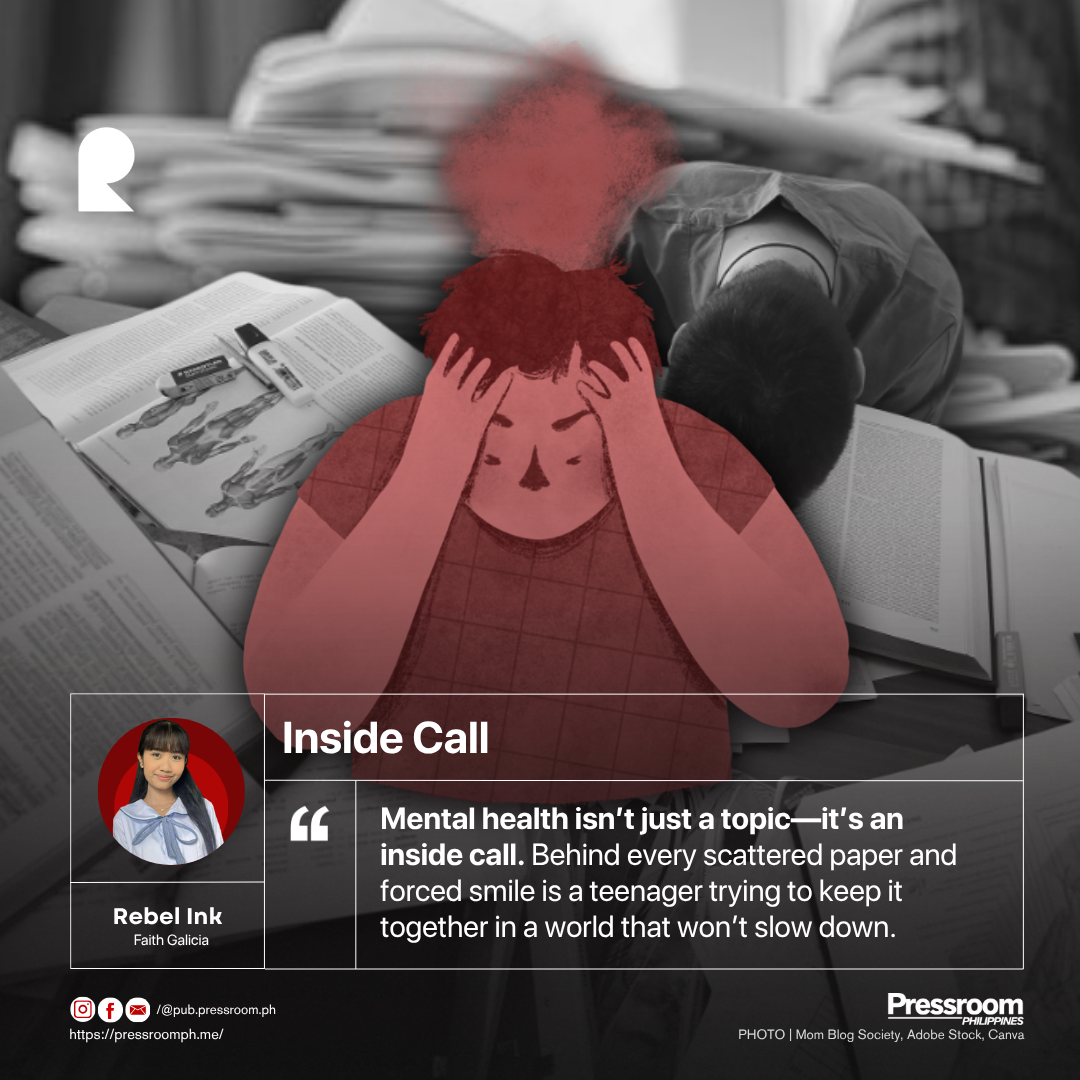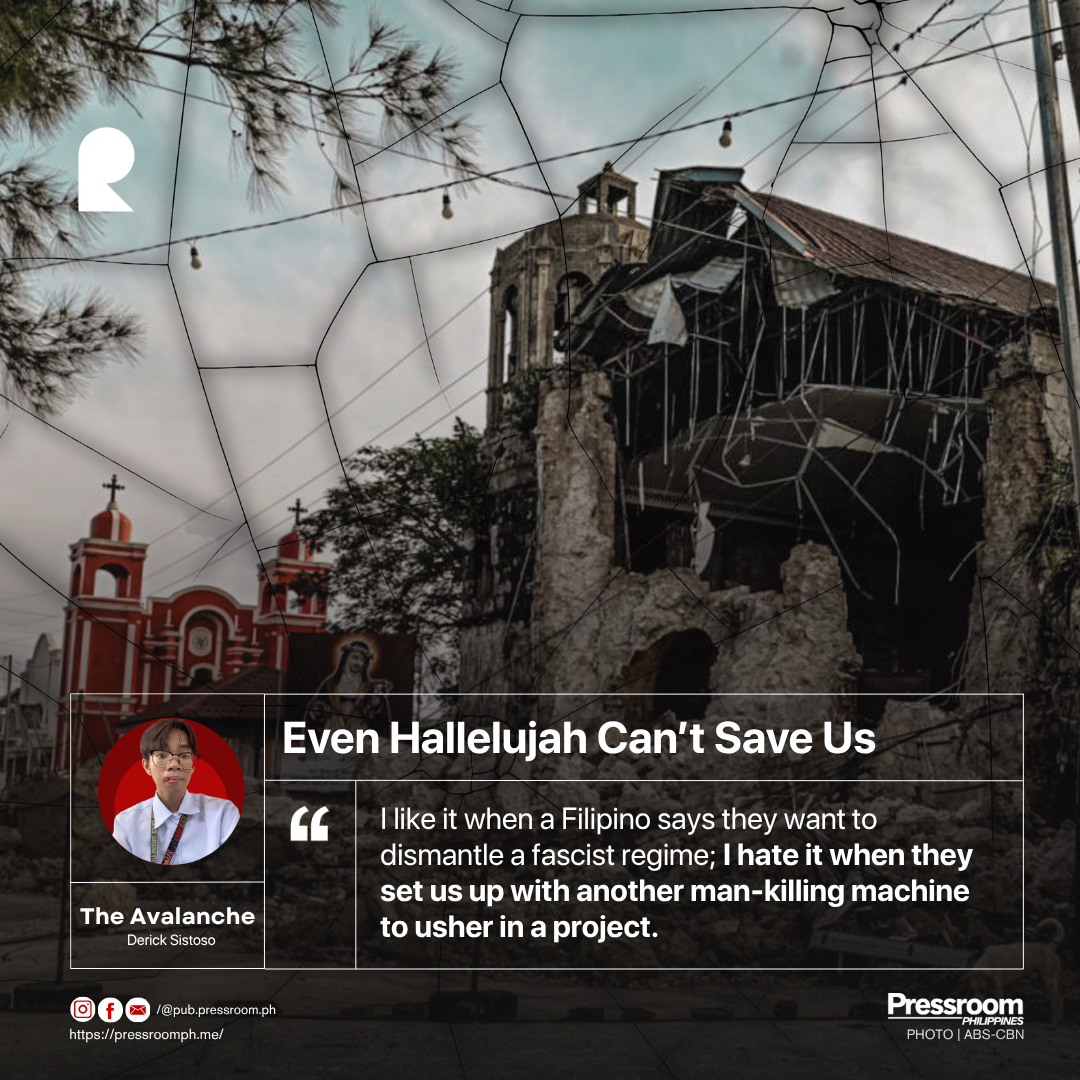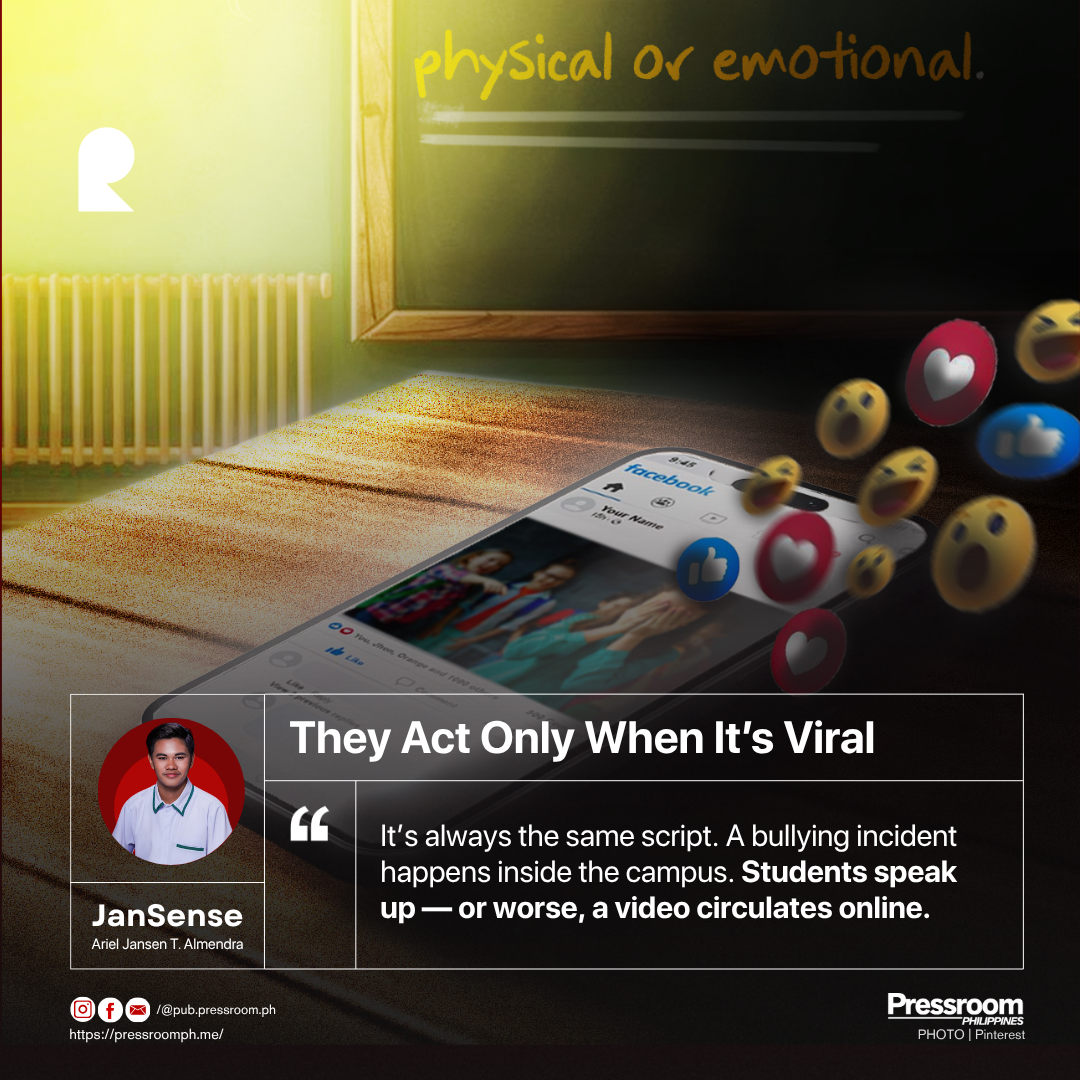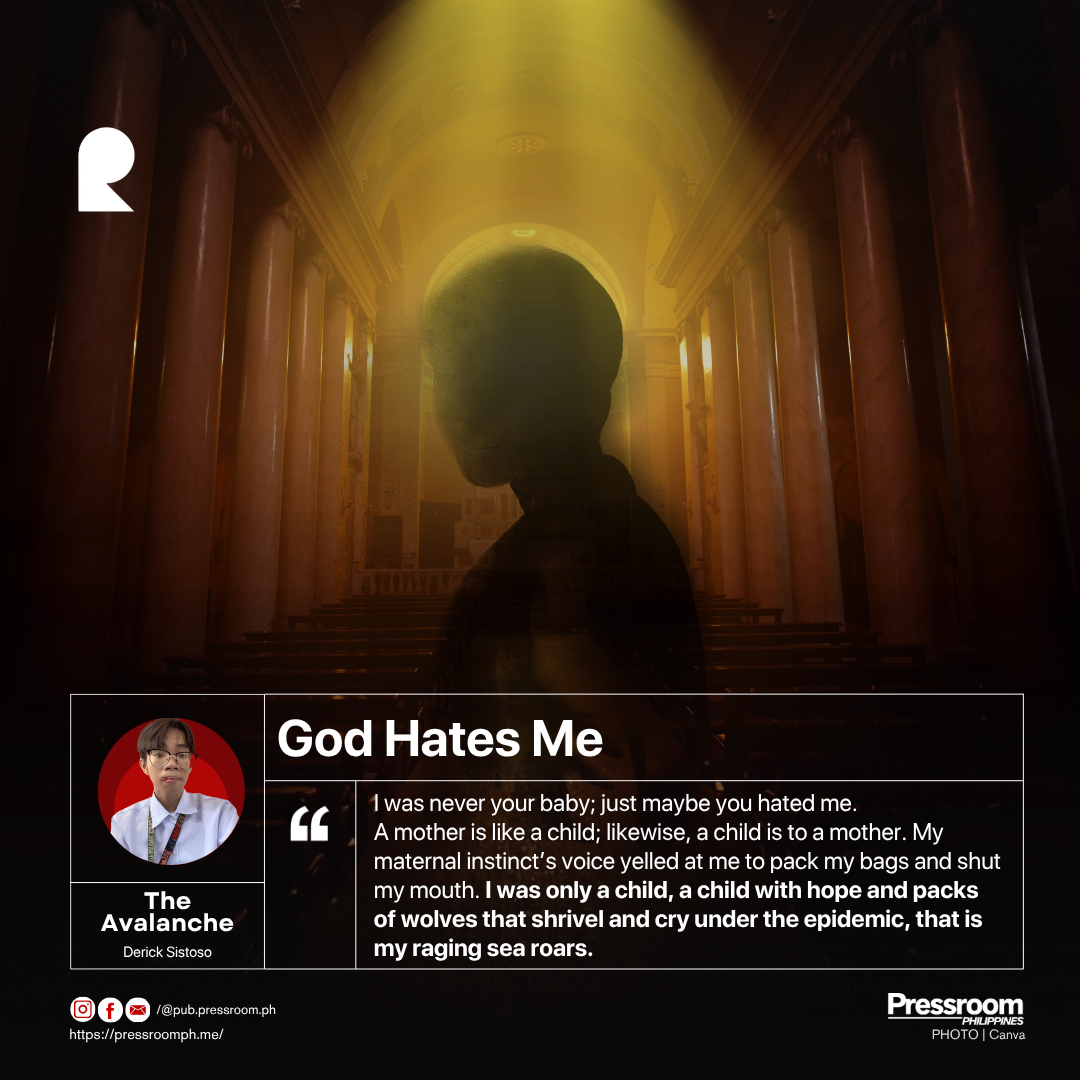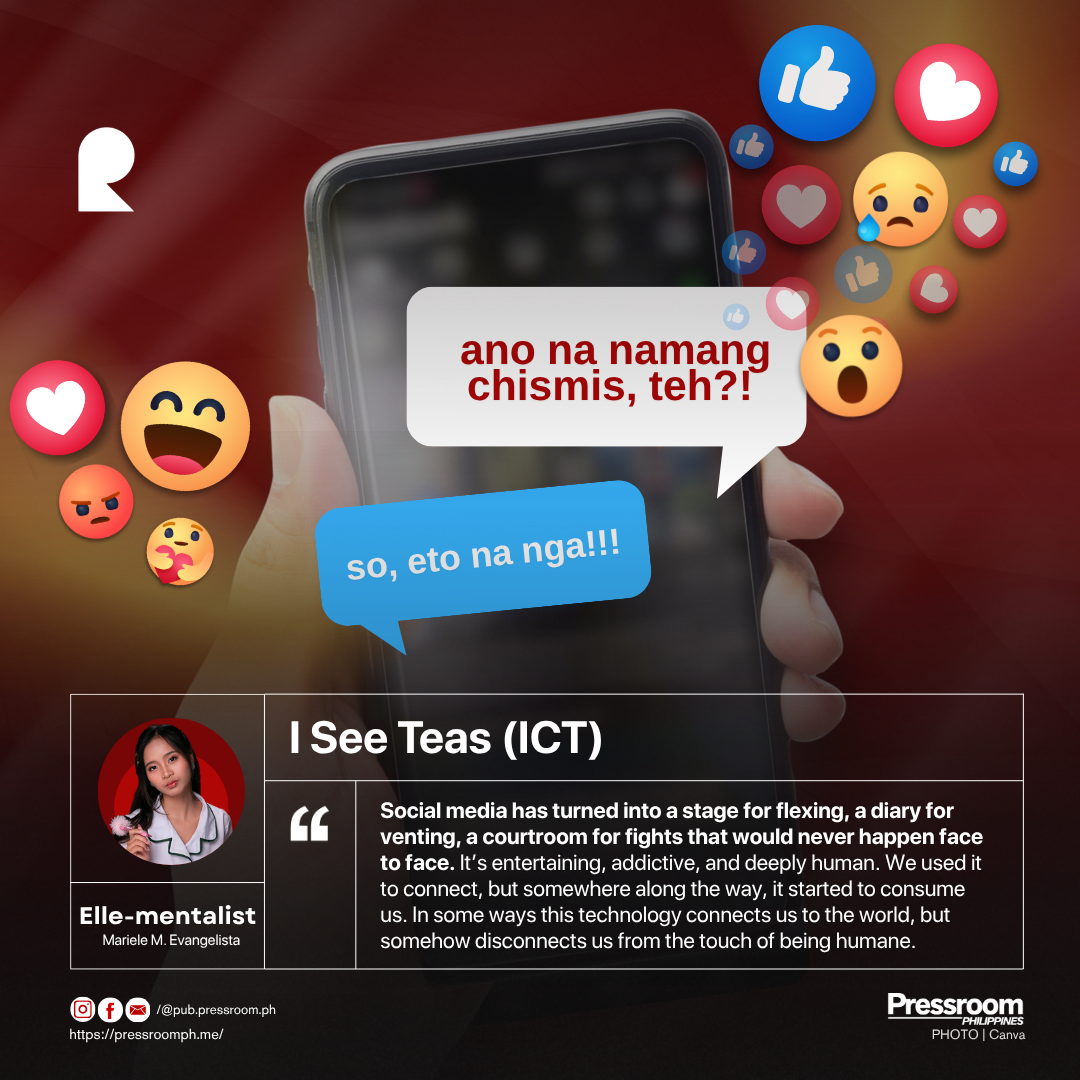Papers remain scattered from the bedside table to the floor. Mental health could affect a huge part of our emotional, psychological, and social well-being. Study shows that our behavior often takes part from our mental state, and the lack of attention most people provide to one’s intellectual health proves a lot of this point.
One in every five Filipinos encounter at least one mental health condition in their lifetime. 3.6 million Filipinos are being treated for mental, neurological or substance use disorder. The second leading cause of death is suicide, with 17% of which are Ph students. While Filipinos are known to be competitive, they live off from academic pressure and continuous runs after deadlines.
Common triggers of suicide within teenagers include academic anxiety, family issues, social isolation, and trauma. In an average Filipino household, those triggers are taken very lightly. Common conditions like depression, anxiety, bipolar disorder, and eating disorders are often perceived by the elders as acting out.
We have been living different centuries. The human illnesses then were yet to be discovered because of lack of facilities and equipment. The public also then lived in fear of showing vulnerability. The new generation is no longer afraid to acknowledge every feeling in order to understand and not just settle for what they want to assume.
Legal protections such as Republic Act No. 11306, the mental health act of 2018, exist. It is a basic human right mandating mental health assistance at school, workplaces, and communities. The RA 9258 also supports mental health education and its early intervention. We live in a world that could never turn back time, that is why it is better to prevent rather than cure.
In teenagers’ life, stress often begins when exposed at school. It is not just about the loads of work given when a child is supposed to rest. It is when they are being robbed of the time they should also spend to live their teenage lives.
Repercussions of bullying and violence are often underestimated. Settling it in the office or talking to the parents is not enough. Further intervention like community service or mandatory military training is needed. It will further solve the disciplinary crisis and harness the importance of respect that students often miss.
Mental health is a conversation some people are not ready for. Common triggers are not to be taken lightly. A person may seem to be living their lives to the fullest until the door closes and darkness offers nothing but emptiness. Like papers scattered on the floor, students could undergo a lifestyle messier than it ever did before.
Better mental health is not just a goal, it is an inside call.
